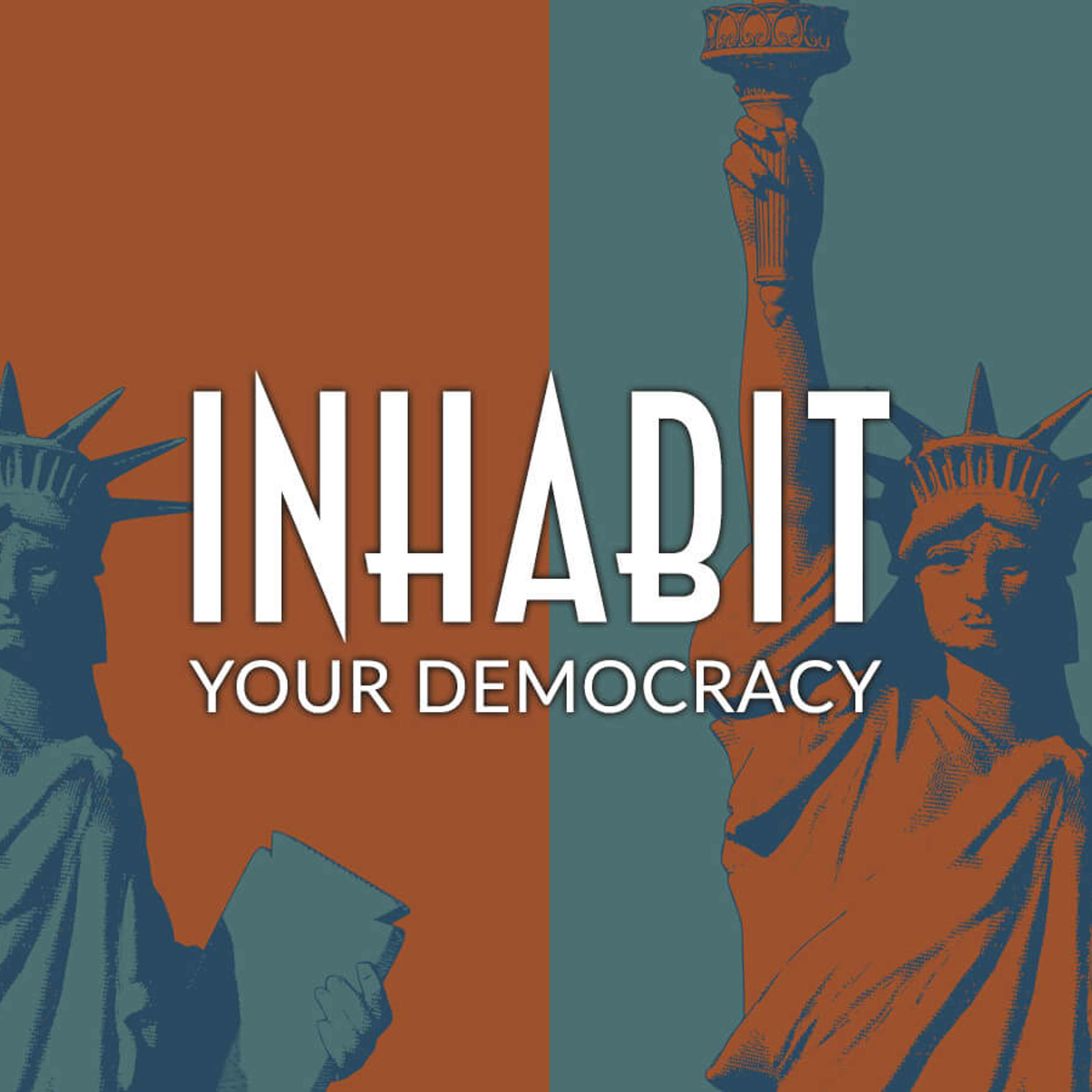
Inhabit: Your Democracy
Everyone Is Right
Shownotes Transcript
In this very special episode of Inhabit, Ryan and I focus on one of the most essential elements of any Integral Life Practice — directly engaging your democratic systems and showing up to cast your vote.
Watch as Ryan and I discuss the following:
-Why it’s never a good idea to base our electoral decisions on the current state of the culture wars
Why it’s important to differentiate “politics” from “governance”
Why it’s important to differentiate ordinary people on the left and the right from the social holons of Democratic and GOP political parties.
Can a person’s political views be used to assess their overall development?
Can a solidly integral person be a Trump supporter? (Spoiler: of course they can.)
I also offer an in-depth exploration of cynicism — how to recognize it in our own lives, and how to escape its corrosive influence. We do this by drilling down to a more fundamental polarity — the “trust but verify” polarity, which shows how trust and assumptions of good-faith should be integrated with healthy skepticism and critical thinking. But when this polarity becomes disintegrated and balkanized, it inevitably takes us into the negative poles of naïveté and cynicism. The good news is, by understanding this core polarity we can wrap some healthy guardrails around our own enactment of political reality, and catch ourselves when we feel ourselves sliding toward one of these unhealthy poles.
Why is this important? “Corruption” and “cynicism” are related in many important ways. Many of us feel like our cynicism is a natural response to corruption — why should we trust a system that is so obviously rigged against us? However, the opposite is equally if not more true: it’s not so much that corruption results in cynicism, but rather cynicism creates a vacuum that gets immediately fillled with corruption.
Which makes “escaping cynicism” absolutely paramount right now, as it is one of the most significant obstacles preventing so many of us from fully inhabiting this democracy, making our voices heard, and choosing the deliberately-partial actions and decisions required to move the political pendulum where we'd like to see it to go, rather than waiting for the world to catch up with us before we are willing to participate.
Finally, I take a few moments to present my “3-Point Plan to Save Democracy” — the three most crucial systemic changes we need to make in the Lower-Right quadrant in order to restore healthy political enfoldment, de-escalate the culture wars, and rehabilitate our democracy. You don’t want to miss that.